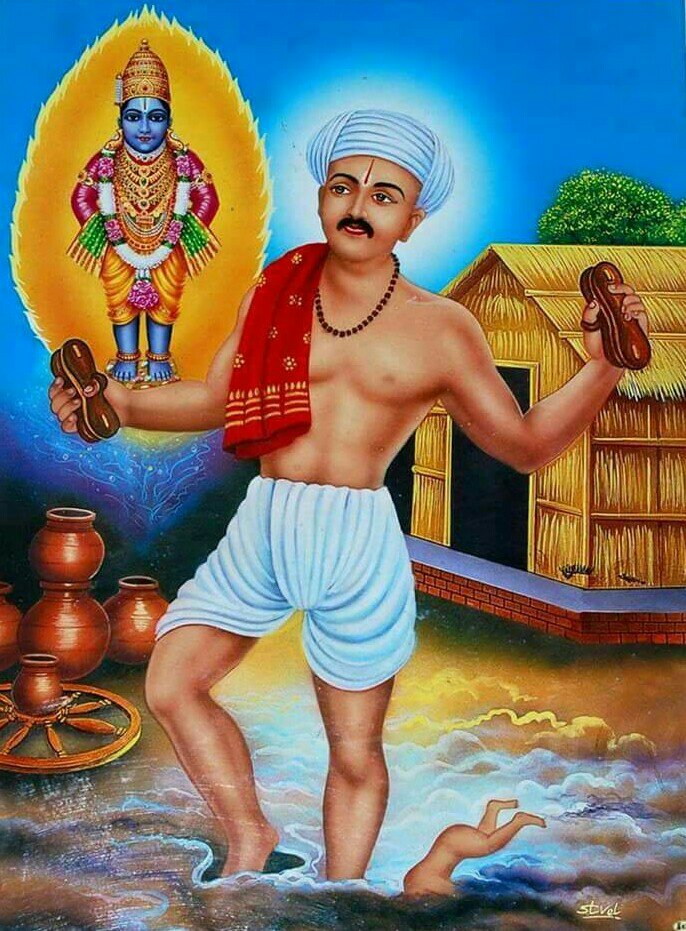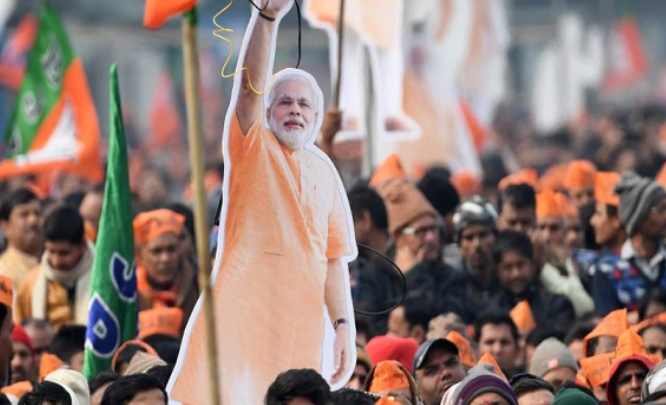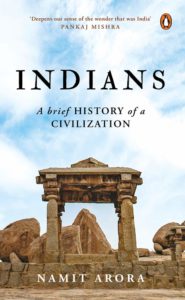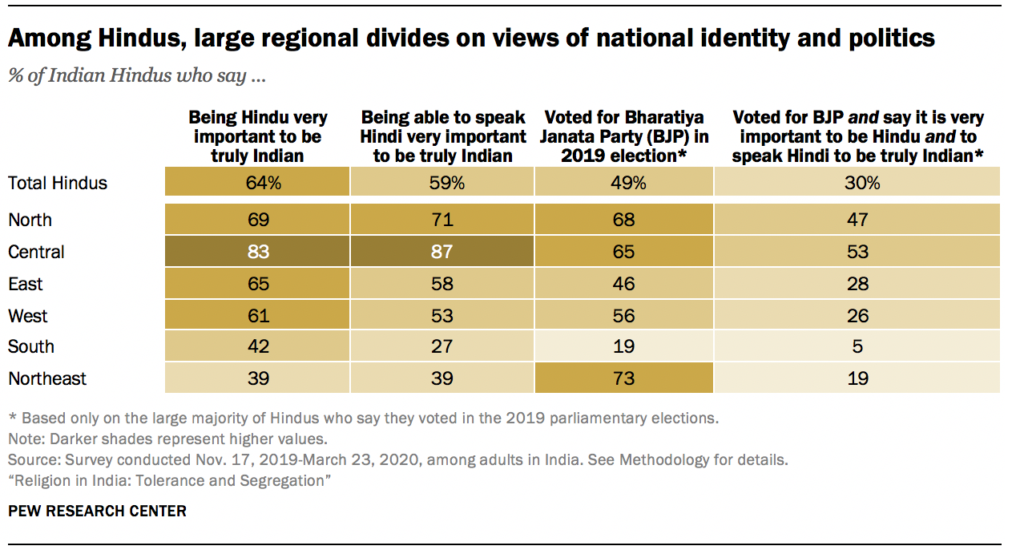BP-emeritus Zach posted this piece on Twitter, ‘I’m Bengali, my boyfriend was black – and my mum freaked out’. The piece highlights the reality that anti-black prejudice, in particular, is pervasive among South Asians (Indians, Bangladeshis, Pakistanis, etc.). I’m not super invested in the idea that this is due to colonialism, as I doubt it is. But we all know this is objectively a true prejudice. And the article highlights it in many ways.
But I want to point out another aspect of the piece: many of the warnings, whether racially motivated or not, by the young woman’s family, turned out to be true. In the piece, she notes she had already had one abortion at 18, and now was refusing to at 21. That’s obviously her choice, but her boyfriend had apparently impregnated another young woman at the same time. Finally, “She had another child with the same partner, who later walked out on her for good.”
So she’s left in her mid-20’s to be a single mother. This is almost certainly one of the major worries of the woman’s mother and her relatives, even if they were racist. In England, 24% of black families are single-parent households, while 8% of Asian families are. Asians in England (this means South Asian) may be antiblack as a culture, but black Briton culture is partly defined by a level of family instability which horrifies people from traditional Asian cultures.
I think this near the conclusion is important:
A few months ago there was an interesting development in the family – Salma’s brother started dating a black woman. And to Salma’s surprise, her mother accepted it without hesitation.
“That’s progress for a woman who had never recognised or challenged her anti-black attitudes before,” she says.
“I’m so proud of how far she’s come, although we still have more to go.
“I don’t blame her for thinking the way she did. But it was time I challenged it. It’s time we did as a community.”
One interpretation here is that Salma’s mother is no longer racist. But another interpretation is that Salma’s brother picked a far better person as a romantic partner than Salma did. Throughout the piece the father of Salma’s children is a stand-in for a race, but what if her relatives and her mother knew exactly the kind of man he was going to be? What if they were very worried about the decisions Salma was making in large part because they were worried about her?
I am willing to bet Salma’s brother’s girlfriend raises some eyebrows. I doubt the racism disappeared in a few years. That’s a real thing. But I strongly suspect she is just a much better potential match.
These sorts of stories mix personal stories and social issues. Honestly, I think this is the story less of racism and more of an irresponsible young man and woman. They got pregnant twice. She chose to keep the baby and tried to maintain a relationship with a man who was cheating on her the whole time, to the point of impregnating someone else. There’s more than just racism going on here.






